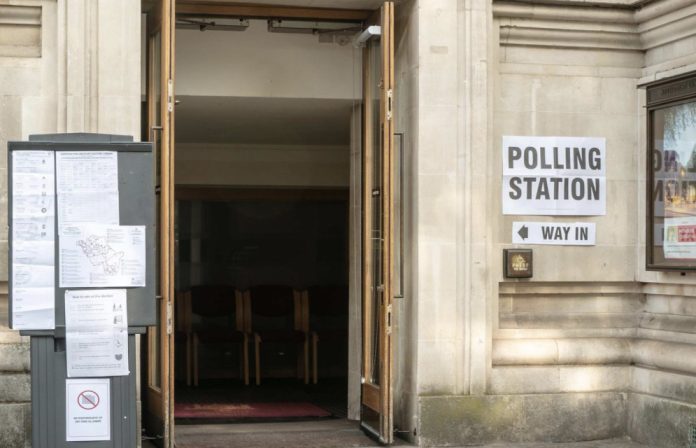The next government is likely to face some of the most difficult economic and fiscal choices the UK has faced outside of pandemics, conflicts and financial crises.
These challenges are entirely predictable. Those seeking our votes should level with the electorate about how they will confront them.
These are among the findings of a new report from IFS. Kicking off IFS’s programme of general election work, funded by the abrdn Financial Fairness Trust and the Nuffield Foundation,
A combination of high debt interest payments and low expected growth is forecast to make it more difficult to reduce debt as a fraction of national income than in any parliament since at least the 1950s.
Doing so – as both main parties have committed under their fiscal rules – looks set to require substantial primary surpluses: that is, to get debt down, government will need to raise more in tax and other revenues than it spends on everything other than debt interest. The country has not achieved that for more than 20 years.
A new government will inherit taxes at record levels for the UK (though still low-to-middling by European standards); living standards that have endured a record-long stagnation; and public services – health, local government, prisons, the justice system – that are visibly struggling, and performing less well than they were back in 2010. Yet current spending plans imply further cuts for most public services other than health.
The parties must be honest with the public about the tough trade-offs they will inevitably have to make on tax and spending.
IFS director Paul Johnson said:
‘Now more than ever, as a country, we face some big decisions and trade-offs over what we want the state to do and how we’re going to pay for it. Those looking to form the next government should be honest about these trade-offs. If they are promising tax cuts, let’s hear where the spending cuts will fall. If they are going to raise, or even protect, spending, they should tell us where taxes will rise. Or parties might think that further increases in government debt are justified: in which case they should make the argument for why debt should be rising.
‘If to govern is to choose, then to campaign should be to present clear choices and trade-offs to the electorate. If the parties don’t do that clearly and honestly over the next year, we at IFS will do what we can to plug that gap.’







